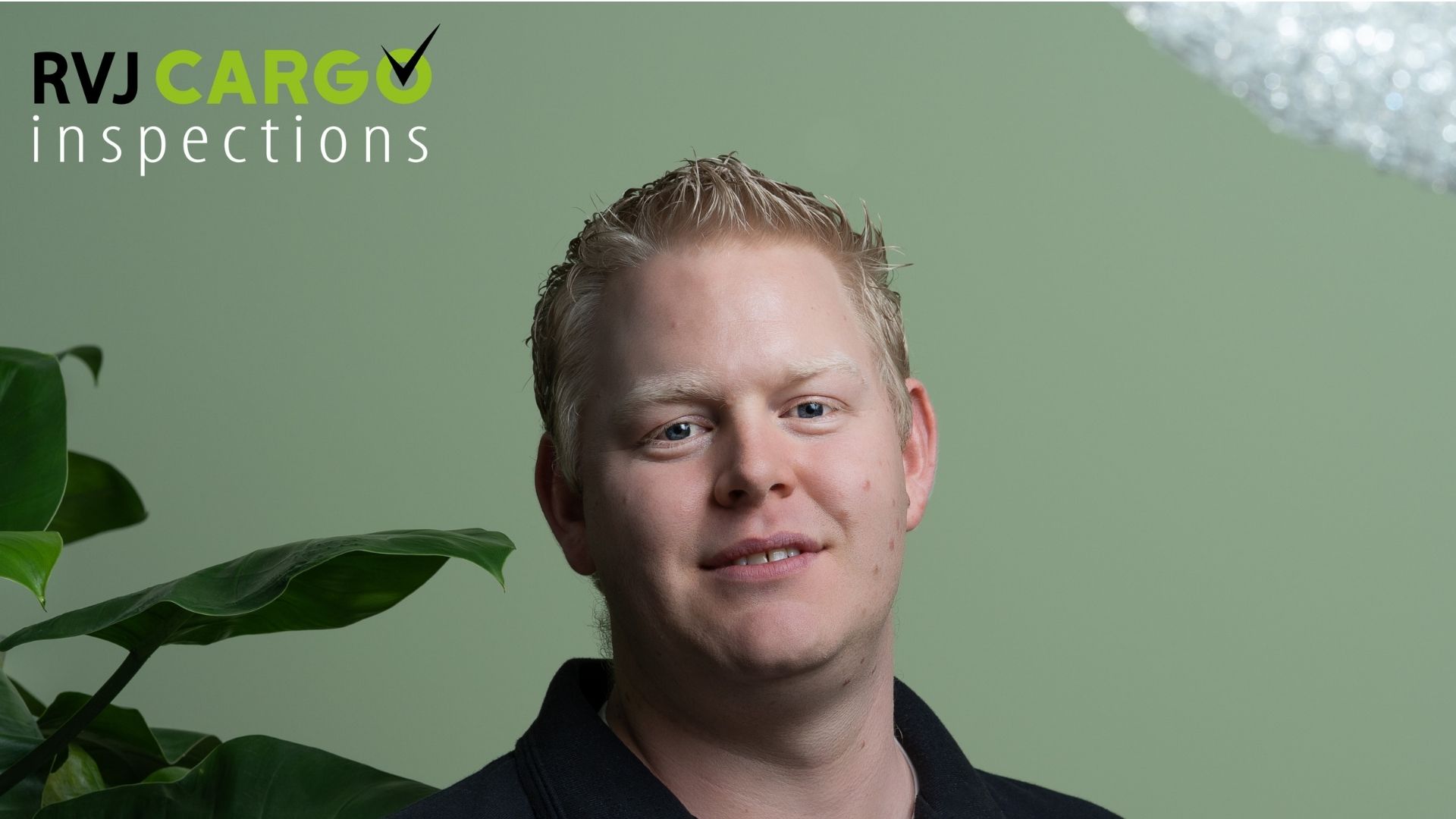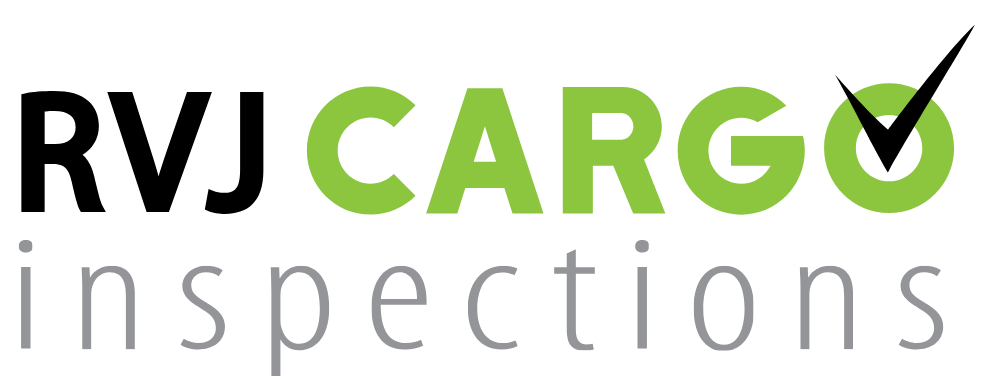
Have you visited our site recently? Then you may have noticed that we have made some changes. You can now find the entire team on the site. Also on LinkedIn, we will put a colleague in the spotlight from time to time. Today we introduce you to our youngest colleague: controller Bas de Kemp.
“I’ve always had a connection with water. Even as a little boy I could be found on the water every day. Not surprisingly, I took a maritime course, after which I went to sea. Because friendships faded – I was often away from home for long periods – I decided to work as a shipping agent. Eventually, I wanted a new challenge. Because I really wanted to continue working in the shipping world, I applied at RVJ Cargo & Inspections.
Here I spend my days checking bulk cargoes. What do I do during such an inspection? I go on board and inspect the cargo in the hold. I take samples of them in a special way and make a condition report of them. I check whether there is anything unusual in the cargo. For example, a cargo of soya beans may contain purple, black, shrivelled or unripe beans.
Did you know that the temperature of beans can be as high as 35 degrees when they are unloaded? And if they are stored somewhere, the temperature can rise even higher in extreme cases. After all, beans are not always delivered directly, but can also be stored in barges. If that is the case, we keep ‘a watchful eye’ on the cargo, among other things by means of a visual inspection and by regularly taking the temperature to see whether there is any heating. Because if beans become warm, the top layer can collapse. Heating then develops underneath. If there really is heating in the beans, the temperature can rise to around 45 degrees. Consequence: mould. Of course you have to prevent this.
I really enjoy working at RVJ Cargo Inspections, especially because I am doing something completely different now. Moreover, I am quite inquisitive, which is good, because at RVJ CI I can develop myself fully. Apart from numerous internal trainings I already followed a calibration course and a safety course, the so-called VCA training. Important, because we have to work safely. Calibrating inland navigation vessels is all about quantity control. Based on the discharge, you can calculate the loaded or unloaded weight of the barge. And after the summer I will be starting a grain course. I’m really looking forward to that.”
What does Bas do outside of work? He likes to spend his free time with his camera. Photography is his big hobby. And besides that he likes to go away for the weekend, play cards or have a drink with friends.
